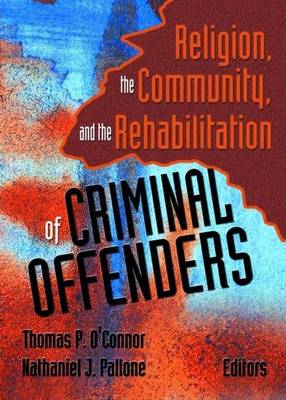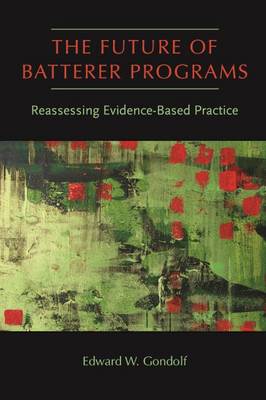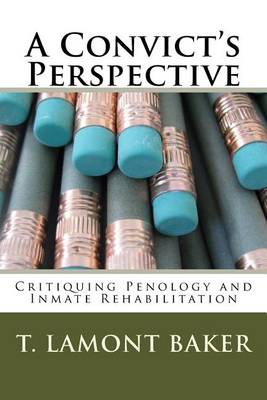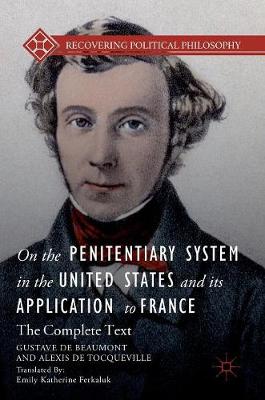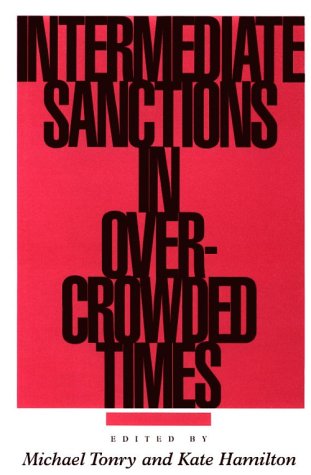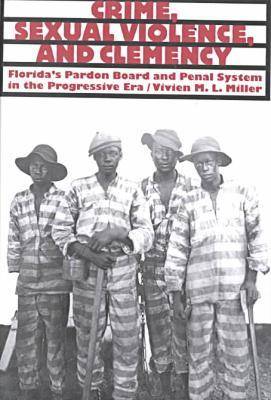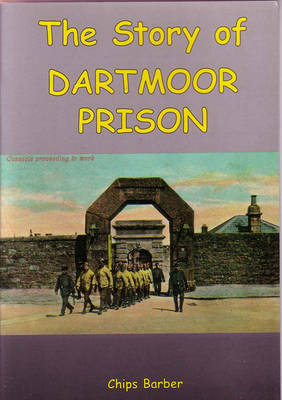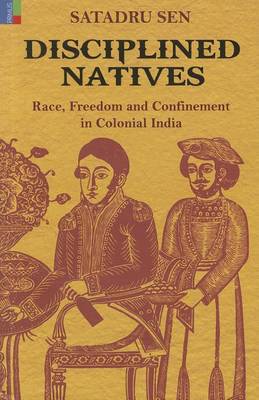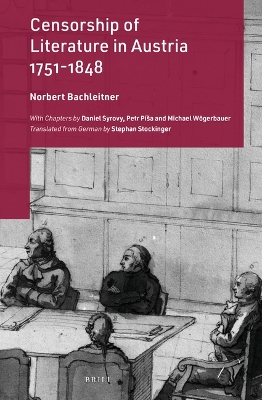The Future of Batterer Programs (Northeastern Series on Gender, Crime, and Law)
by Edward W. Gondolf
Batterer programs are at a critical juncture, with a handful of experimental program evaluations showing little or no effect from the prevailing program approach. This finding has prompted calls to overhaul or replace such programs. Edward W. Gondolf examines batterer research in light of the push for "evidence-based practice" and advocates a progressive evolution of batterer intervention as it currently stands. Cautioning against the call for programs based on a "new psychology," he argues that...
This book provides the first complete, literal English translation of Alexis de Tocqueville's and Gustave de Beaumont's first edition of On the Penitentiary System in the United States and Its Application to France. The work contains a critical comparison of two competing American penitentiary disciplines known as the Auburn and Philadelphia systems, an evaluation of whether American penitentiaries can successfully work in France, a detailed description of Houses of Refuge as the first juvenil...
America holds more than two million inmates in its prisons and jails, and hosts more than two million daily visits to museums, figures which represent a ten-fold increase in the last twenty-five years. Corrections and Collections explores and connects these two massive expansions in our built environment. Author Joe Day shows how institutions of discipline and exhibition have replaced malls and office towers as the anchor tenants of U.S. cities. Prisons and museums, though diametrically opposed...
Intermediate Sanctions in Overcrowded Times
Overcrowded prisons and the high cost of incarceration are among the most complex issues surrounding the public debate about reform of the criminal justice system. In this volume, leading experts on sentencing and corrections policy focus on intermediate sanctions designed to reduce the U.S. reliance on prisons. Selected from the highly-regarded and influential journal Overcrowded Times, the essays evaluate major innovative programs such as conflict mediation, financial penalties, community serv...
For sophomore/senior-level courses in Probation and Parole and Community Corrections.Featuring a front-line practitioner's insights based on the author's extensive experience as a senior New York State parole officer, this text exposes students to the complex, "real" world of probation and parole. Comprehensive in approach, it explores the cutting-edge of both practice and theory with regard to all aspects of adult and juvenile probation, institutions, and parole.
Crime, Sexual Violence and Clemency (New Perspectives on the History of the South)
by Vivien M.L. Miller
From 1889 to 1918, more than 11,000 persons were convicted and sentenced to the hard labour camps of Florida's piney woods region. Vivien Miller presents the first intensive examination of the workings of Florida's pardon board and penal system during this period, often called the Progressive Era. Where most previous works on southern crime and criminal justice have focused on the arrest, trial and sentencing stages, Miller instead follows cultural prejudices through the workings of the penal sy...
China's Death Penalty (Routledge Advances in Criminology)
by Hong Lu and Terance D. Miethe
Disciplined Natives Race, Freedom and Confinement in Colonial India
by Satadru Sen
The influence of censorship on the intellectual and political life in the Habsburg Monarchy during the period under scrutiny can hardly be overstated. With censorship still employed in many regions of the world today, readers will discover various striking differences—as well as numerous astounding similarities—to current practices of censorship in this book.
Peter Zinoman's original and insightful study focuses on the colonial prison system in French Indochina and its role in fostering modern political consciousness among the Vietnamese. Using prison memoirs, newspaper articles, and extensive archival records, Zinoman presents a wealth of significant new information to document how colonial prisons, rather than quelling political dissent and maintaining order, instead became institutions that promoted nationalism and revolutionary education.


